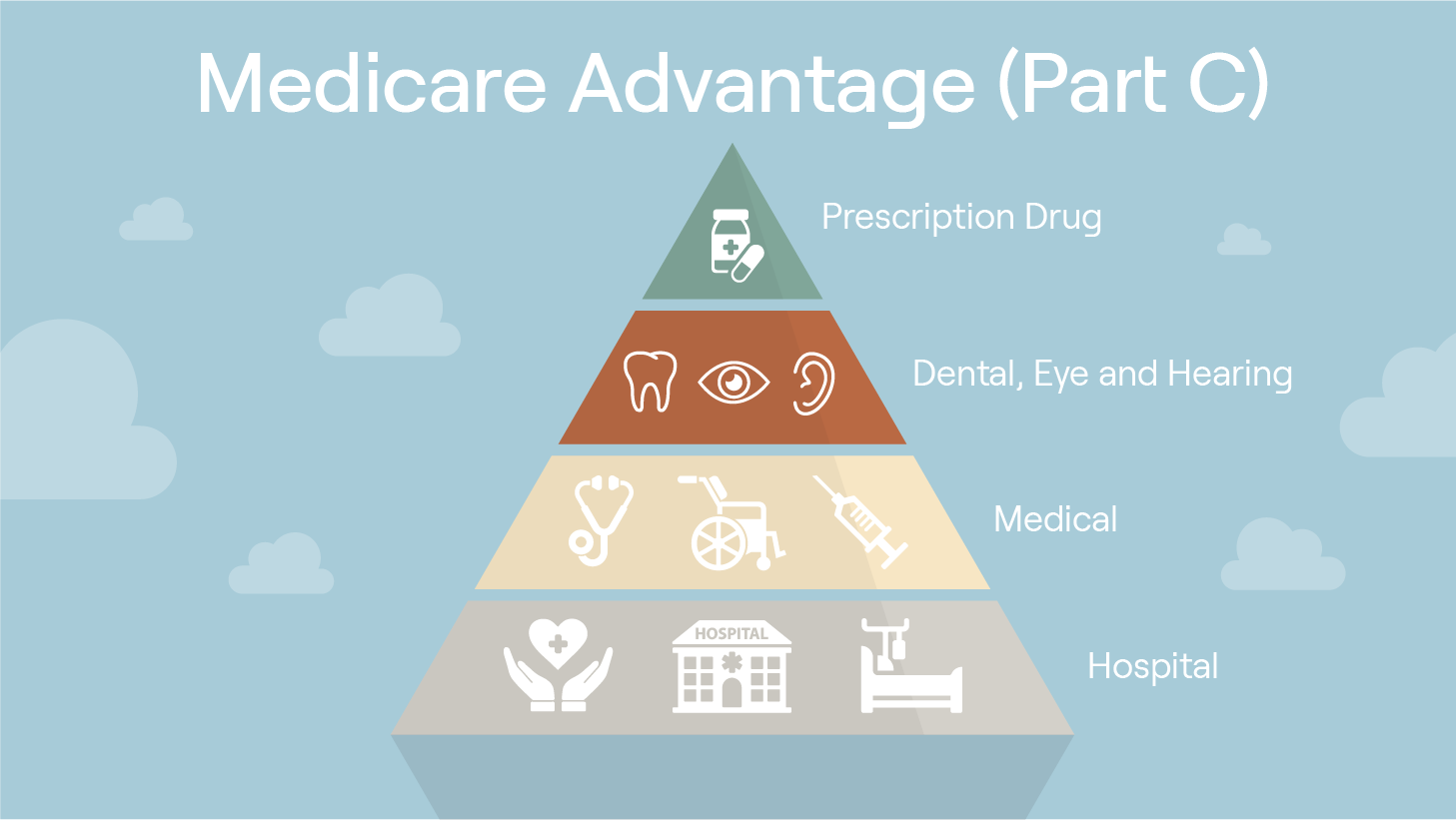Who Should Not Buy an Annuity?
Annuities have been a popular investment vehicle for many people, especially those who are planning for retirement. While annuities can offer a steady stream of income and some tax advantages, they are not suitable for everyone. In this article, we’ll discuss who should not buy an annuity and why.
Table of Contents
- Introduction
- What is an annuity?
- The downsides of annuities
- Who should not buy an annuity?
- Those with a short life expectancy
- Those who need liquidity
- Those who want to leave an inheritance
- Those who have a low risk tolerance
- Those who don’t need guaranteed income
- Those who can’t afford the fees
- Those who already have enough retirement income
- Alternatives to annuities
- Conclusion
- FAQs
Introduction
An annuity is a contract between an individual and an insurance company where the individual makes a lump sum payment or series of payments in exchange for a guaranteed stream of income for a specified period of time, usually for the remainder of their life. While annuities can provide a sense of financial security, they are not suitable for everyone.
What is an annuity?
An annuity is a financial product that can provide a steady stream of income during retirement. It works by allowing individuals to make a lump sum payment or series of payments to an insurance company in exchange for a guaranteed income stream that can last for the remainder of their life. Annuities can come in different forms, such as fixed annuities, variable annuities, and indexed annuities.
The downsides of annuities
While annuities can provide a steady stream of income, they also come with some downsides that individuals should be aware of. For one, annuities can be expensive. They often come with high fees and commissions that can eat away at the returns. Additionally, annuities can be illiquid, meaning that it can be difficult to access the money invested in them if needed. Furthermore, annuities are not always as flexible as other investment vehicles.
Who should not buy an annuity?
Annuities are not suitable for everyone. Here are some of the people who should consider alternatives to annuities:
1. Those with a short life expectancy
Annuities work by providing a guaranteed income stream for the rest of the individual’s life. If the individual has a short life expectancy, they may not receive the full value of the annuity. In this case, it may be more beneficial to invest in a different type of investment vehicle.
2. Those who need liquidity
Annuities can be illiquid, meaning that it can be difficult to access the money invested in them if needed. If the individual needs liquidity, they should consider alternative investment vehicles that offer more flexibility.
3. Those who want to leave an inheritance
Annuities are designed to provide income for the individual during their lifetime. If the individual wants to leave an inheritance, an annuity may not be the best option. Instead, they should consider alternative investment vehicles that allow them to leave a legacy for their loved ones.
4. Those who have a low risk tolerance
Annuities can be relatively conservative investments, meaning that they may not provide the same returns as other, riskier investments. If the individual has a low risk tolerance, they may want to consider alternative investment vehicles that offer higher returns.
5. Those who don’t need guaranteed income
Annuities are designed to provide a steady stream of guaranteed income for the individual. However, if the individual already has enough retirement income from other sources, an annuity may not be necessary.
6. Those who can’t afford the fees
Annuities can come with high fees and commissions that can eat away at the returns. If the individual can’t afford the fees, they should consider alternative investment vehicles with lower costs.
7. Those who already have enough retirement income
Annuities are designed to provide additional retirement income for individuals who may not have enough from other sources. If the individual already has enough retirement income, an annuity may not be necessary.
Alternatives to annuities
For those who should not buy an annuity, there are alternatives to consider. Some options include:
- Individual retirement accounts (IRAs)
- 401(k) plans
- Mutual funds
- Stocks and bonds
- Real estate investments
Each of these options has its own advantages and disadvantages, and it’s important for individuals to consult with a financial advisor to determine which option is best for their specific financial situation.
Conclusion
While annuities can provide a steady stream of income and some tax advantages, they are not suitable for everyone. Those with a short life expectancy, those who need liquidity, those who want to leave an inheritance, those with a low risk tolerance, those who don’t need guaranteed income, those who can’t afford the fees, and those who already have enough retirement income may want to consider alternative investment vehicles.
FAQs
- What are the different types of annuities?
- Fixed annuities
- Variable annuities
- Indexed annuities
- Are annuities a good investment for everyone? No, annuities are not suitable for everyone. It’s important for individuals to consider their specific financial situation and consult with a financial advisor before investing in an annuity.
- Can individuals access the money invested in an annuity if needed? Annuities can be illiquid, meaning that it can be difficult to access the money invested in them if needed.
- What are some alternatives to annuities? Some alternatives to annuities include individual retirement accounts (IRAs), 401(k) plans, mutual funds, stocks and bonds, and real estate investments.
- How can individuals determine if an annuity is right for them? Individuals should consult with a financial advisor to determine if an annuity is right for their specific financial situation. They should consider their risk tolerance, retirement goals, and other sources of retirement income before investing in an annuity.
- What is Annuity?
- Annuities and Retirement Planning: How they can work together
- Providing Income Protection & Retirement Solutions For Peace of Mind
- How to Use Final Expense Insurance to Leave a Legacy for Your Family
- What Are Annuities and How Can They Help Your Retirement?
Medicare Annual Enrollment Period 2025
The Medicare Annual Enrollment Period (AEP) for 2025 is a critical time for beneficiaries to review and adjust their Medicare coverage, running…
Medicare Advantage and the Nearing Annual Election Period
Medicare Advantage and the Nearing Annual Election Period Introduction Navigating Medicare can feel like trying to read a map written in a…
Understanding Medicare Advantage Plans
Understanding Medicare Advantage Plans Medicare Advantage plans have become a popular alternative for people who want more flexibility and comprehensive coverage…
Benefits of Medicare Advantage for Veterans
Veterans and Medicare Advantage plans represent a crucial intersection of health- care services designed to enhance the medical coverage available…
10 Essential Insurance Tips to Protect Your Future
1. Assess your insurance needs based on income, assets, and dependencies. 2. Understand policy types: life, health, auto, home, and…
ACA 2025 Open Enrollment
The ACA 2025 Open Enrollment Period represents a pivotal opportunity for individuals and families to obtain health insurance coverage under…
Medicare Annual Enrollment Period 2025
The Medicare Annual Enrollment Period (AEP) for 2025 is a critical time for beneficiaries to review and adjust their Medicare coverage, running…
Medicare Advantage and the Nearing Annual Election Period
Medicare Advantage and the Nearing Annual Election Period Introduction Navigating Medicare can feel like trying to read a map written in a…
Understanding Medicare Advantage Plans
Understanding Medicare Advantage Plans Medicare Advantage plans have become a popular alternative for people who want more flexibility and comprehensive coverage…
Benefits of Medicare Advantage for Veterans
Veterans and Medicare Advantage plans represent a crucial intersection of health- care services designed to enhance the medical coverage available…
10 Essential Insurance Tips to Protect Your Future
1. Assess your insurance needs based on income, assets, and dependencies. 2. Understand policy types: life, health, auto, home, and…
ACA 2025 Open Enrollment
The ACA 2025 Open Enrollment Period represents a pivotal opportunity for individuals and families to obtain health insurance coverage under…
Medicare Annual Enrollment Period 2025
The Medicare Annual Enrollment Period (AEP) for 2025 is a critical time for beneficiaries to review and adjust their Medicare coverage, running…
Medicare Advantage and the Nearing Annual Election Period
Medicare Advantage and the Nearing Annual Election Period Introduction Navigating Medicare can feel like trying to read a map written in a…
Understanding Medicare Advantage Plans
Understanding Medicare Advantage Plans Medicare Advantage plans have become a popular alternative for people who want more flexibility and comprehensive coverage…













